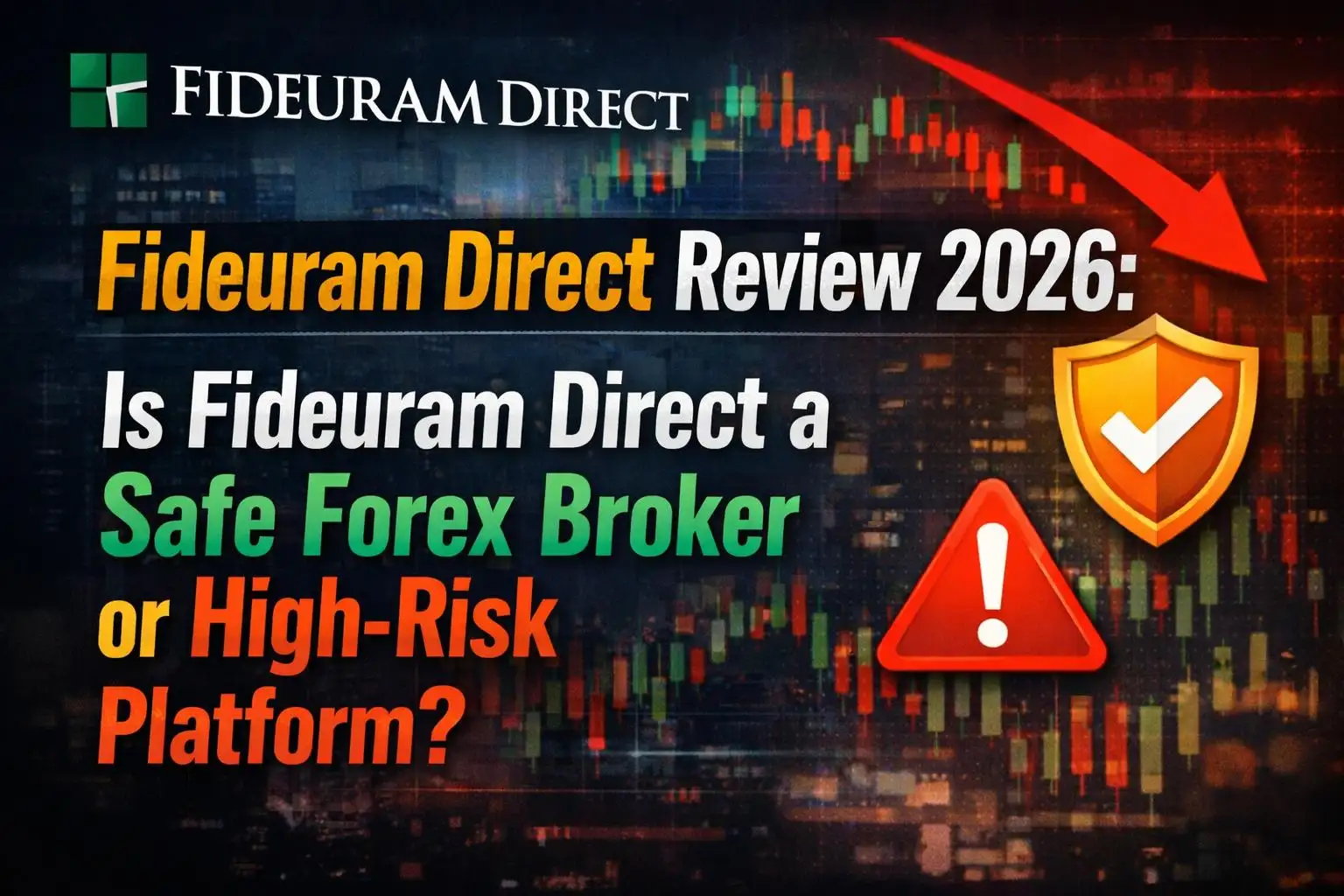Abstract:The price of currency directly impacts investor returns. Understanding the underlying causes of currency fluctuations can help investors make more informed decisions in the foreign exchange market.

Currency price fluctuations are mainly influenced by factors such as interest rates, economic growth, trade balance, inflation, and unemployment rates. Interest rates are one of the most direct factors affecting currency prices. When a central bank raises interest rates, it means the country's currency can offer higher interest returns, thus attracting capital inflows and causing the currency to appreciate. For example, when the U.S. Federal Reserve raises interest rates, the U.S. dollar usually appreciates because capital markets tend to choose high-return U.S. dollar assets. In 2022, the Fed raised rates significantly, and the USD to EUR exchange rate briefly surpassed 1:1, indicating a strong increase in the dollar's appeal.
On the other hand, during the COVID-19 pandemic in 2020, the Federal Reserve cut interest rates sharply to stimulate the economy, which led to a depreciation of the dollar. The dollar's exchange rate against other currencies fell, and investors shifted toward assets with higher returns, such as gold and Bitcoin.
How to respond to currency price changes?
Investors should closely monitor economic data, central bank policies, and global market trends that influence currency prices. For instance, if the Federal Reserve announces an interest rate hike, investors may consider increasing their investment in dollar-related assets, such as U.S. Treasury bonds or dollar-denominated stocks, as the return on the dollar becomes more attractive. Conversely, if inflation rises and the central bank does not raise interest rates in time, investors may need to be cautious about holding domestic currency assets, as the risk of currency depreciation increases.
When economic data from the Eurozone is weak, the euro may depreciate. In 2022, with sluggish economic growth and an energy crisis, the euro-to-dollar exchange rate fell to its lowest point in 20 years. Investors, seeing this trend, reduced their holdings of euro-denominated assets and shifted to more stable currencies like the U.S. dollar, leading to further depreciation of the euro.
In conclusion, currency prices are determined by a variety of factors. Investors should adjust their strategies in response to different economic conditions and seize opportunities brought by exchange rate fluctuations.











